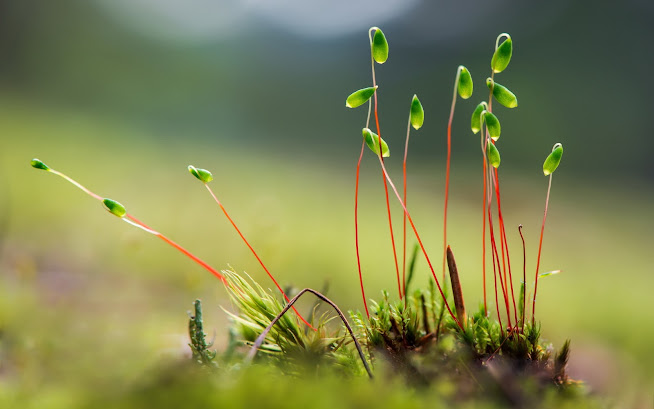Electro Homeopathy: Exploring an Alternative Healing Method
Introduction - A lesser-known subset of homeopathy called Electro Homeopathy is gaining popularity due to its distinctive approach to health and treatment. Through the use of plant-based medicines, electro homeopathy combines the concepts of herbal medicine and bioelectricity in an attempt to bring the body's natural balance back. This article explores the history, tenets, and debates around this fascinating complementary therapy.
Origins and Development - The 19th-century Italian aristocrat Count Cesare Mattei created electro homeopathy. Because of his fascination with alternative medicine, Mattei studied a number of therapeutic modalities, which ultimately led to the development of electro homeopathy. He named his approach "electro homeopathy" because he thought it could use the electrical qualities of plants to treat illnesses.
Mattei developed a proprietary method for preparing his cures that involved extracting and combining different plant essences. These treatments were created to encourage self-healing by igniting the body's life energy.
Principles of Electro Homeopathy
Plant-Based Remedies: Plant remedies are used in electro homeopathy; each remedy is chosen based on its unique bioelectrical characteristics. It is thought that these treatments work on various body systems to bring about balance again.
Holistic Approach: Electro homeopathy, like traditional homeopathy, treats the patient holistically, treating the full person rather than just their symptoms. It seeks to restore the body's essential fluids and humor balance.No Side Effects: Proponents claim that electro homeopathic remedies are free from side effects, making them safe for patients of all ages.
Scrofoloso: Used to treat skin diseases and abnormalities of the lymphatic system.
Angiotico: Is a medication that targets the circulatory system and may help treat cardiovascular problems.
Febrifugo: A medication used to treat infections and fevers.
Vermifugo: For infections caused by parasites.
Some people regard Mattei's original methods as pseudoscience because of the secrecy surrounding them. Regulatory agencies around the world take varying positions on the practice; some regard it as a valid alternative medicine, while others completely reject it.
An increasing number of people are interested in learning more about the scientific underpinnings of complementary and alternative medicine. Though more convincing proof is still required for electrical homeopathy to be widely accepted, researchers are starting to look into the possible mechanics behind it.




Comments
Post a Comment